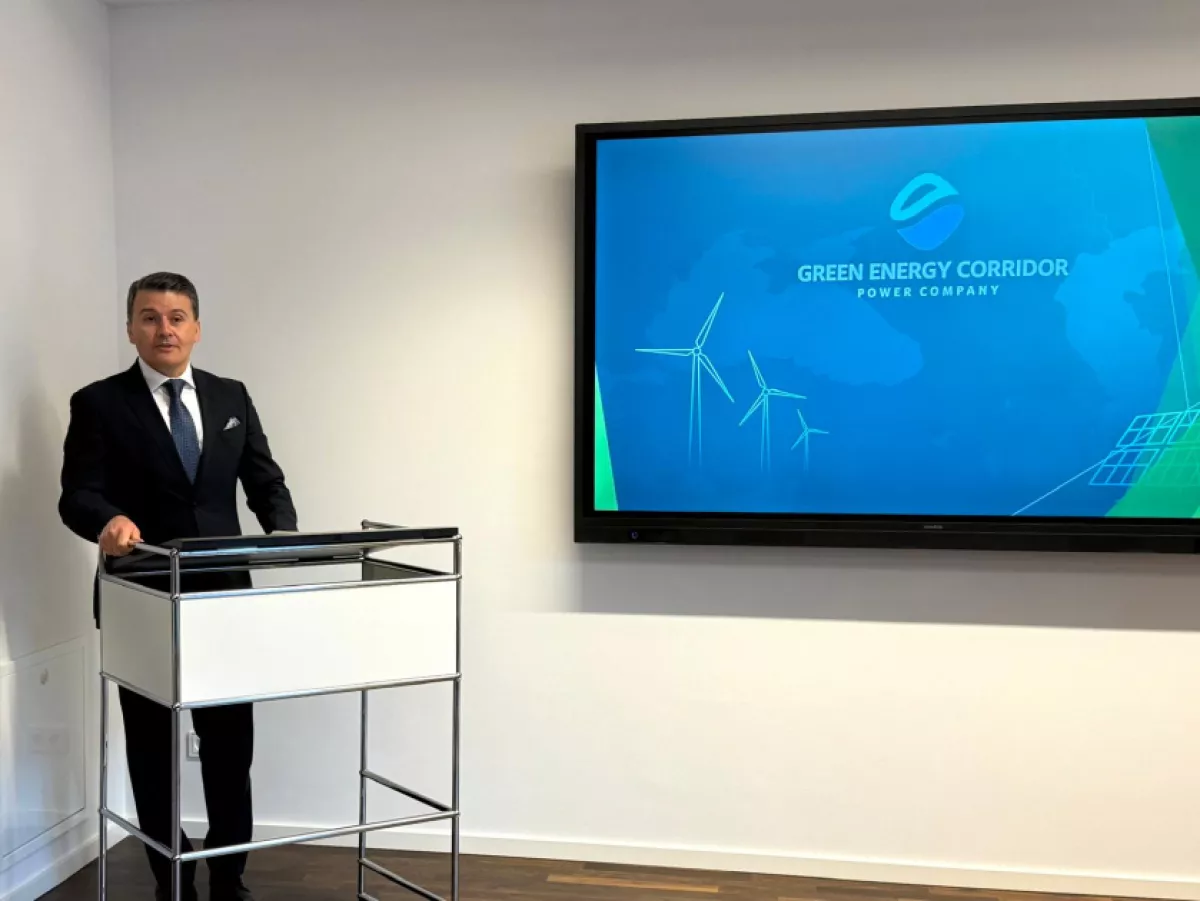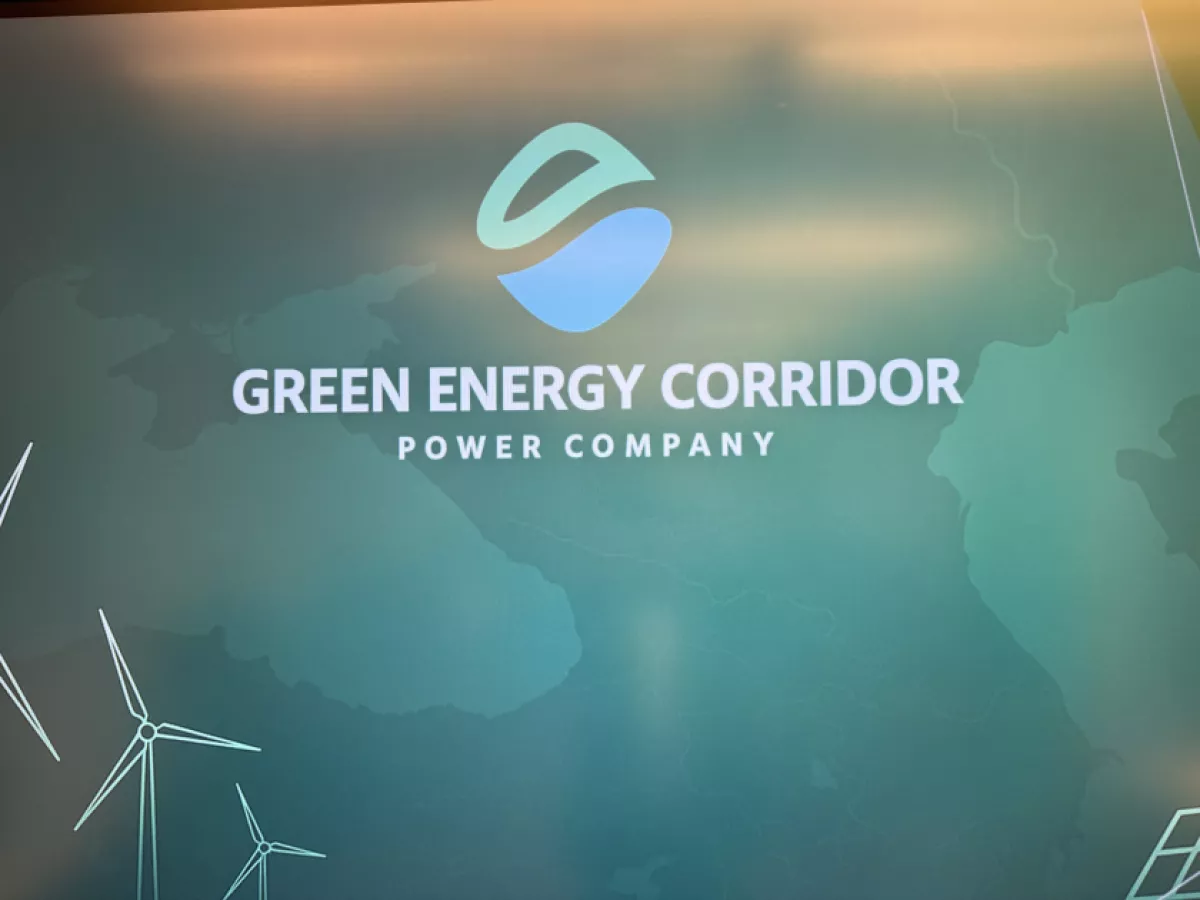Berlin event showcases Azerbaijan–Europe green energy corridor Photo
Azerbaijan and Germany highlighted expanding cooperation on renewable energy and regional connectivity during a presentation in Berlin on the “Caspian–Black Sea–Europe Green Energy Corridor,” a major project aimed at delivering green electricity from the Caspian region to European markets.
The presentation was co-organised by the Azerbaijani Embassy in Germany, the Eastern Committee of the German Economy and the Green Energy Corridor Power Company (GECO), Caliber.Az reports via local media.
The event, hosted at the Azerbaijan Cultural Center, highlighted expanding Azerbaijani-German cooperation in renewable energy and economic development.
Azerbaijani Ambassador to Germany Nasimi Aghayev said bilateral relations are advancing across multiple areas, including the economic sphere. He stressed Azerbaijan’s growing role as a regional hub, pointing to its involvement in the Middle Corridor transport initiative, its strengthened ties with Central Asian partners, and progress towards peace with Armenia.
According to Aghayev, these developments increase the potential for German economic engagement, particularly in trade, infrastructure and logistics.
Alena Akulich, Regional Director for Eastern Europe, outlined the Association’s main areas of activity and its cooperation with Azerbaijan. She noted Azerbaijan’s rising significance as a regional economic platform and highlighted shared priorities such as green energy, digital transformation, innovation and institutional reforms.
Akulich said the joint trade, economic and investment roadmap signed this year includes more than ten specific projects in sectors ranging from chemicals and healthcare to digitalization and the green transition.
Farhad Mammadov, General Director of GECO, delivered a detailed presentation on the Green Energy Corridor, discussing the work completed so far and Azerbaijan’s active role in advancing the project. Other speakers emphasised Azerbaijan’s adaptation to the global energy transition, underscoring the country’s substantial renewable energy potential and plans to expand capacity through major solar and wind projects.
The event concluded with a question-and-answer session, during which participants exchanged views and held discussions on the project and its broader context.
By Sabina Mammadli










